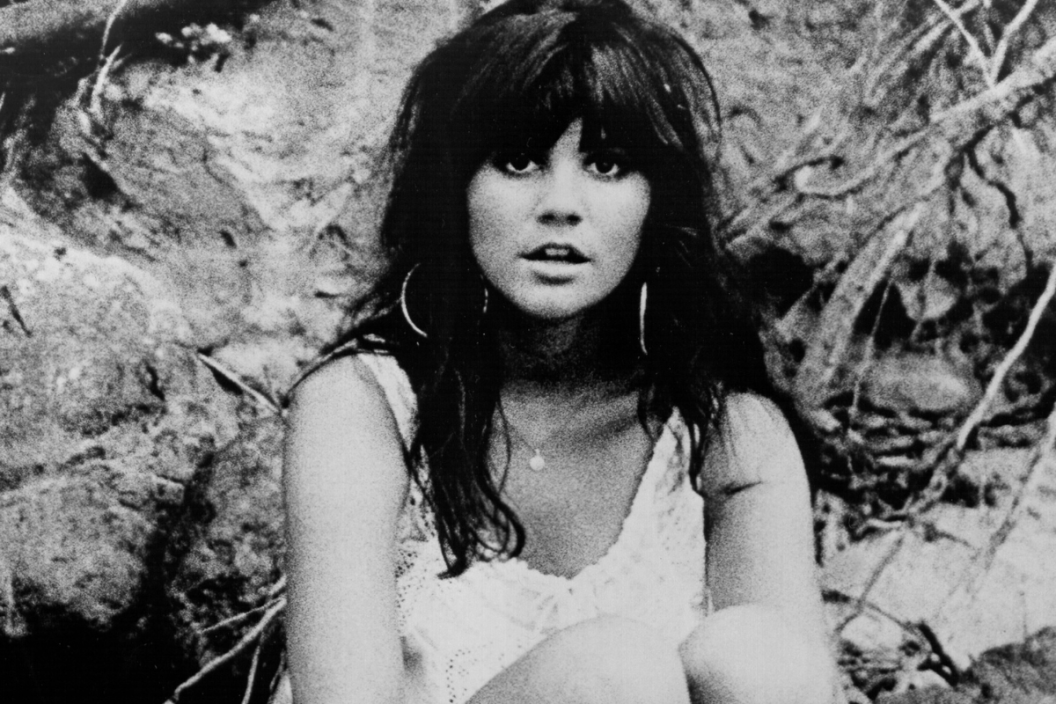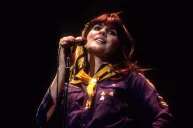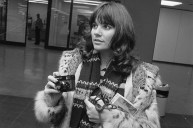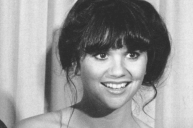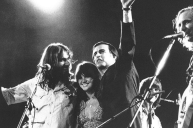Linda Ronstadt was nothing if not adventurous in her work. Born and raised in Tucson, Ariz., she first left a mark in the mid-'60s as the lead singer of Stone Poneys, an alt-folk trio also composed of Kenny Edwards and Bobby Kimmel. She stepped out as a soloist with her twang-soaked 1969 debut LP, Hand Sown... Home Grown— and the rest is history.
In the coming decades, Ronstadt issued hit album after hit album, including a string of platinum-selling, chart-toppers that included Simple Dreams and Heart Like a Wheel. When the 1980s hit, she began dabbling across genres, switching from slick-backed pop music (Mad Love, Get Closer) to traditional pop (What's New) and jazz fusion (Lush Life). Trio with Emmylou Harris and Dolly Parton brought her back into the country sphere before veering out into mariachi music (Canciones de mi Padre, Mas Canciones).
Her work has been awarded every accolade under the sun, including several Grammys, and resulted in an induction into the Rock and Roll Hall of Fame in 2014. She charted 38 hits on Billboard's Hot 100 and numerous on country radio. Her legacy transcends any single genre; her influence on modern rock and country music is irrefutable. Even today, artists like Miranda Lambert and Courtney Marie Andrews continue building upon the house Ronstadt built.
It was no easy task whittling down her towering 24-album discography. But here are Ronstadt's 10 best studio albums, ranked.
10. Mad Love (1980)
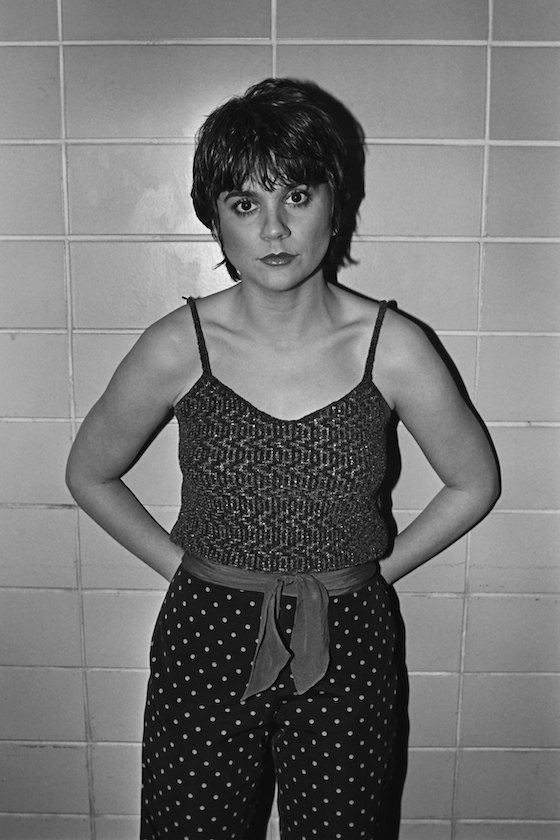
George Rose/Getty Images
Mad Love (1980) was Ronstadt revitalizing her style. New wave and punk influences seeped into her work. The title cut, "How Do I Make You," and two Elvis Costello covers, "Girls Talk" and "Talking in the Dark," are the boldest entries, balanced out with such introspective moments as "Party Girl" and a sultry take on "Hurt so Bad" (originally by Little Anthony & the Imperials). The album's experimental texture cemented Ronstadt's musical proficiency. Listen here.
9. Silk Purse (1970)
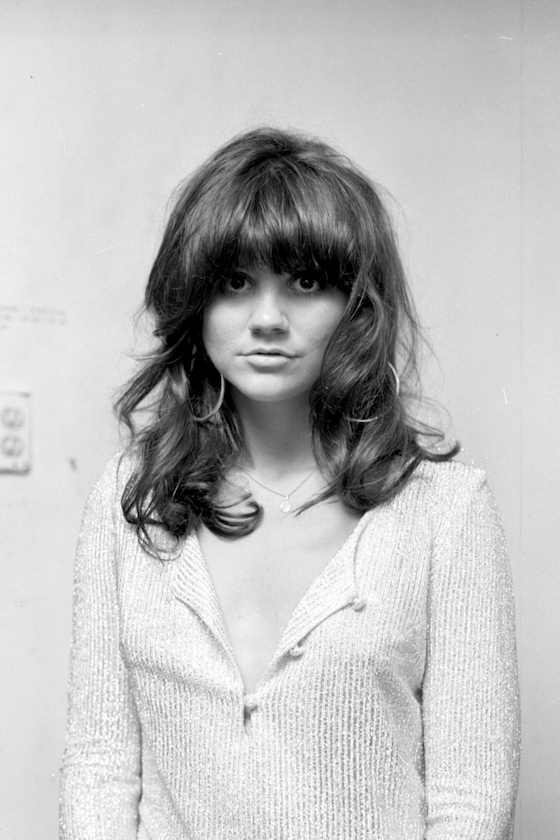
Michael Ochs Archives/Getty Images
Her second solo album, Silk Purse is among her most conventionally traditional country records, featuring covers of Hank Williams ("Lovesick Blues") and Mel Tillis ("Mental Revenge"). Ronstadt also whipped several mainstream pop hits, including "Will You Love Me Tomorrow?" by The Shirelles and "I"m Leaving It Up to You" (popularized by Dale & Gracey), into twangy, heart-torn odes. "Long Long Time" (written by Gary White) was a bellwether of things to come, showcasing Ronstadt at her most vulnerable and potent.
8. Don't Cry Now (1973)
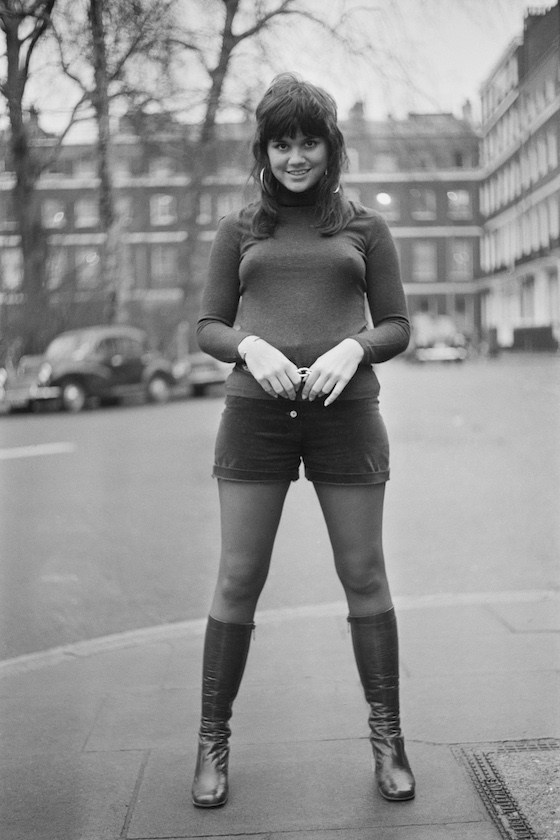
P. Floyd/Daily Express/Getty Images
A rendition of The Eagles' "Desperado" is the clear pinnacle of 1973's Don't Cry Now, and for good reason. It's an unequivocal example of a cover being much more defined and powerful than the original. But the album doesn't stop there. Ronstadt revisits Wanda Jackson's "Silver Threads and Golden Needles," which she'd previously recorded on her 1969 solo debut, and turns in emotive adaptations of Randy Newman's "Sail Away" and Neil Young's "I Believe in You." Then, there's "Love Has No Pride" and "Colorado," two diamonds in the rough.
7. Cry Like a Rainstorm (1989)
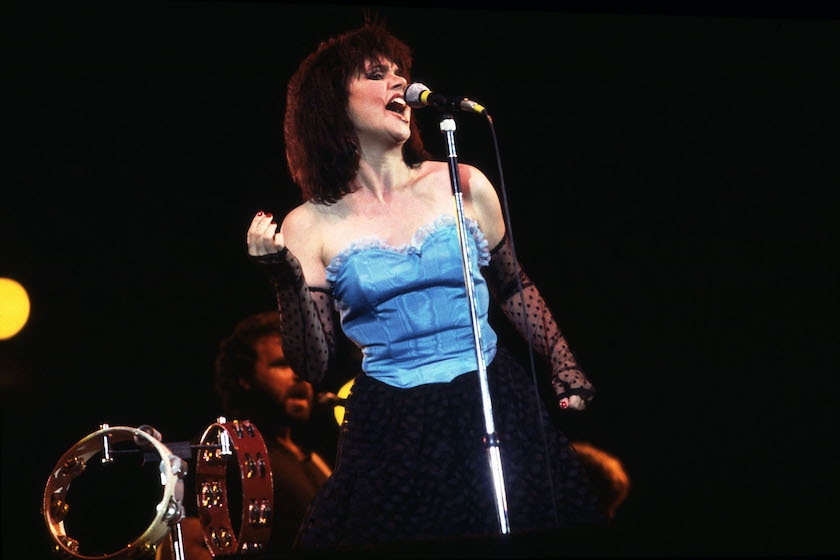
(Photo by Paul Natkin/WireImage)
The singer bookended the third decade of her career with the Aaron Neville collaborative set, Cry Like a Rainstorm. Ronstadt had spent the previous 10 years veering into sentimental adult pop, but she perfected the style with this 1989 record. With the swirling orchestra in the opening song "Still Within the Sound of My Voice," it was evident this was no normal Ronstadt album. From the heavenly, almost spooky title track to "Adios" (originally by "Rhinestone Cowboy" writer Jimmy Webb), she weaves together delicate vocal performances around a profound batch of lyrics.
6. Get Closer (1982)
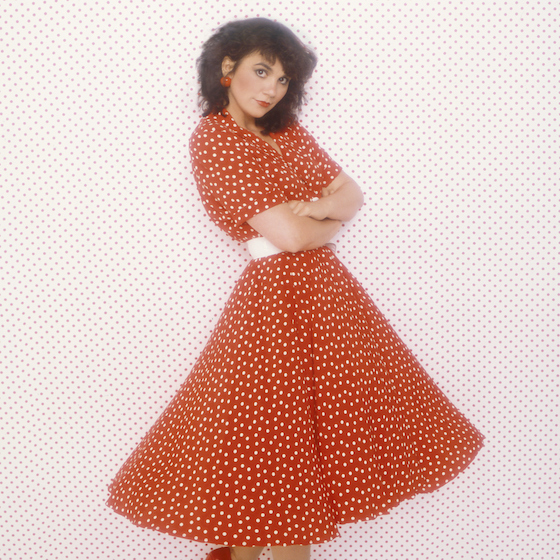
Aaron Rapoport/Corbis via Getty Images
Ronstandt constantly revolutionized her sound in the '80s. Get Closer (1982) was ripe for the MTV era with its electrifying guitar work and slicker pop/rock sensibilities. The body-jolting title track aside, the records whisked the listener from the trembling piano moment "The Moon is a Harsh Mistress" to the syncopated stunner "I Know You When" to saxophone-pinned "People Gonna Talk." More than anything, the LP was a demonstration in the agility of Ronstadt's voice and her ambition never to be boxed in.
5. Canciones de mi Padre (1987)
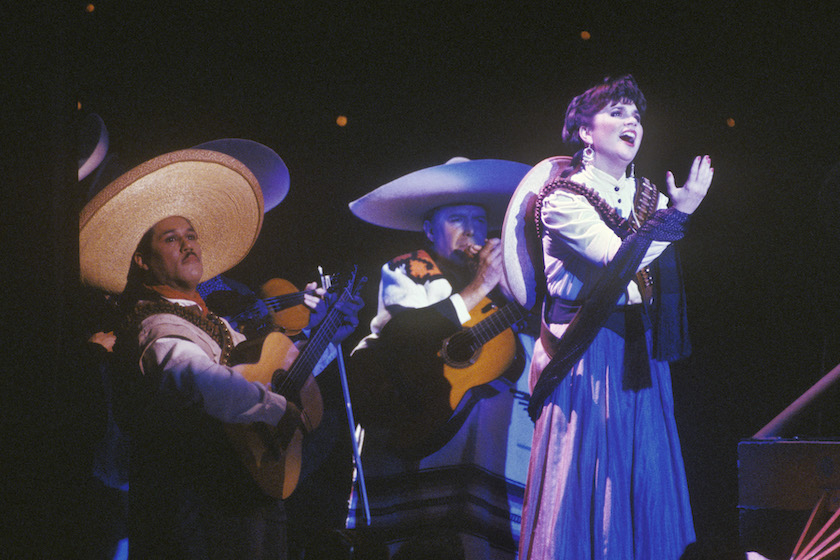
George Rose/Getty Images
Her first Mexican album, Canciones de mi Padre found Ronstadt celebrating the cultural and musical heritage of her upbringing. Compositions were arranged by mariachi musician Rubén Fuentes and featured many of Ronstadt's personal favorite standards. The album title references her aunt Luisa Espinel, who was a prominent singer in the 1920s and issued a booklet in 1946 of the same name. Count "Tu Solo Tu," "Dos Arbolitos," and "Por Un Amor" among her finest hours.
4. Hasten Down the Wind (1976)
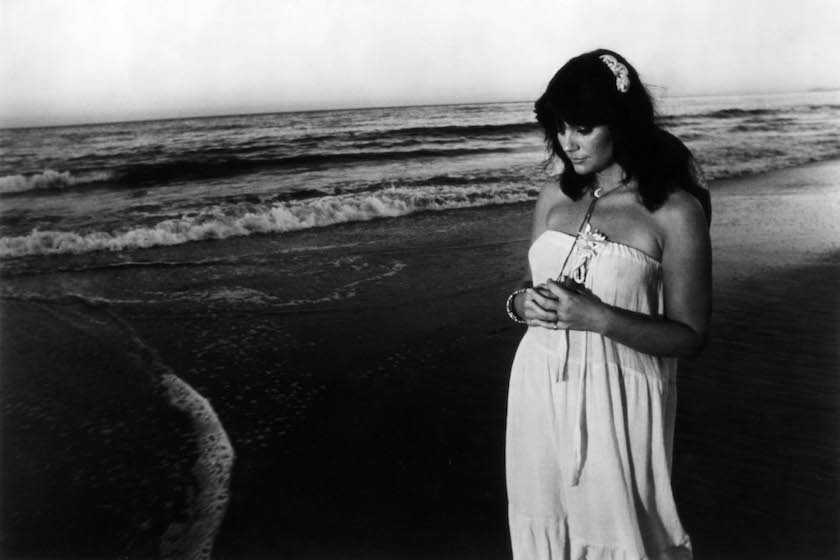
RB/Redferns
Hasten Down the Wind had a considerably more reverent and subdued tone. Vocal performances, from "If He's Ever Near" to the title track (a collaboration with Don Henley), felt confessional and almost ethereal in nature. It was yet another million-selling release and resulted in several more hits, including versions of "Crazy," which climbed into the Top 10 at country radio, and Buddy Holly's "That'll Be the Day."
3. Simple Dreams (1977)
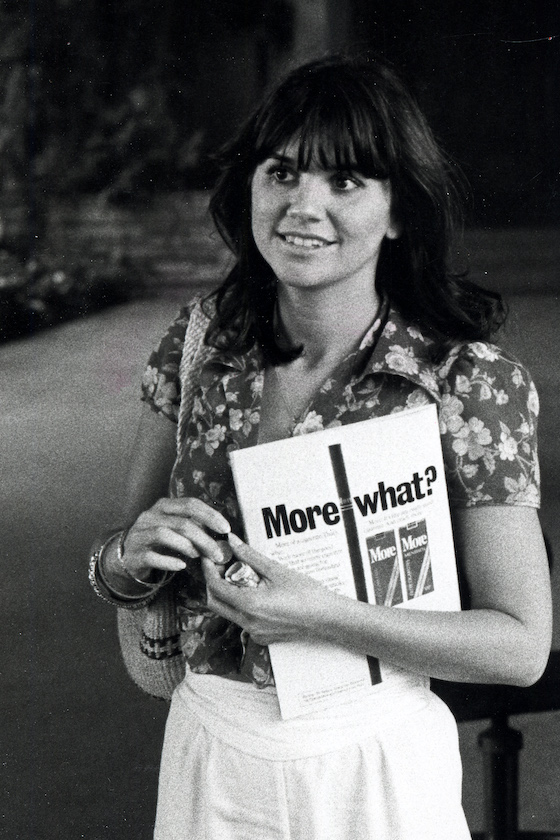
Ron Galella/Ron Galella Collection via Getty Images
Ronstadt may not have been a prolific songwriter, but her interpretive skills are unmatched. With 1977's Simple Dreams, she sculpted groovy renditions of The Crickets' "It's So Easy," Warren Zevon's "Poor Poor Pitiful Me," and Rolling Stones' "Tumbling Dice." The album also includes one of her biggest chart hits, the plaintive "Blue Bayou," a Roy Orbison original. Where Heart Like a Wheel leaned far more into Laurel Canyon, Simple Dreams stretched across genre boundaries for a more soaring, heartier blend.
2. Trio (1987)
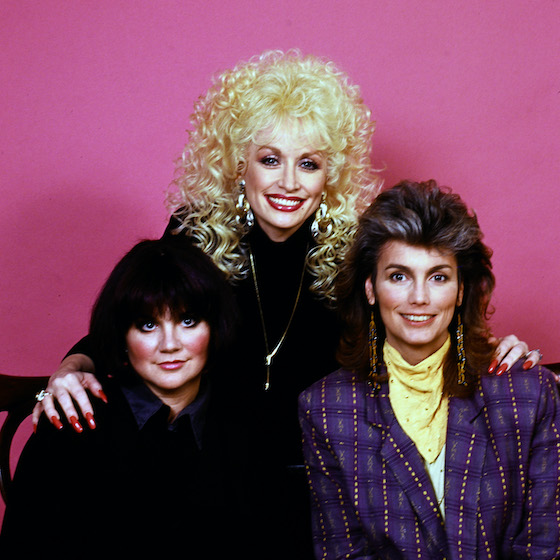
Paul Harris/Getty Images
It took Ronstadt, Dolly Parton, and Emmylou Harris more than a decade to record their 1987 landmark collaboration, Trio. Initially, they eyed a joint effort in the mid-70s but their schedules could never line up. But it was more than worth the wait. From "The Pain of Loving You" to "Wildflowers" and "Rosewood Casket," the album is tightly-bound in Carter Family-esque harmony work, nestled in warm musical patterns from country music's vast tapestry. Each singer firmly embraced their respective strengths as vocalists and often took the backseat to allow one another to interpret lyrics as only they can.
1. Heart Like a Wheel (1974)
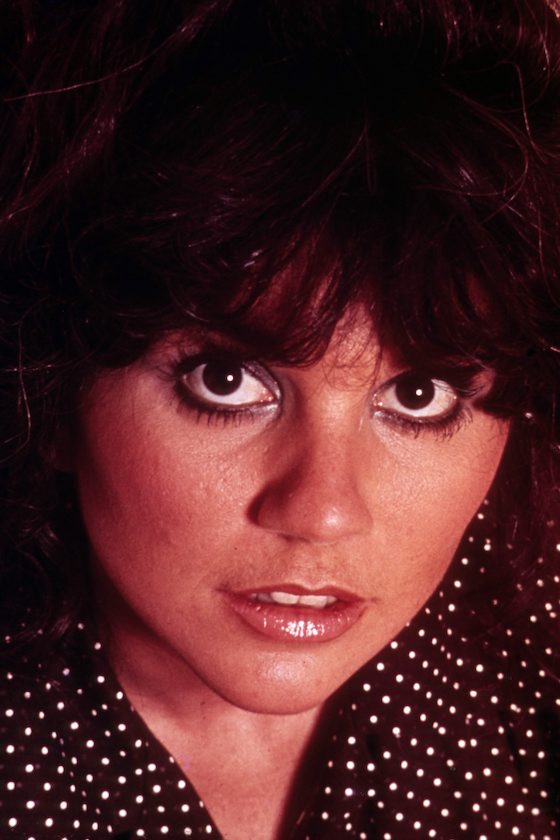
GAB Archive/Redferns
Heart Like a Wheel remains Ronstadt's most moving, vocally-charged record. Her voice has always met perfectly on the horizon of earthiness and godliness, but her 1974 studio LP operated on all cylinders, witnessing her find fascinating new layers to her instrument. Her version of Dee Dee Warwick's "You're No Good" hisses from the speakers, while "When Will I Loved Be Loved" (Everly Brothers) and more importantly "Willin'" (Little Feat) excelled in redefining the pop standard. It also helped the record smashed on the Billboard 200 and Country Album charts, spending multiple weeks at the summit on the latter. A defining genre classic.
This story was previously published on April 15, 2022.
